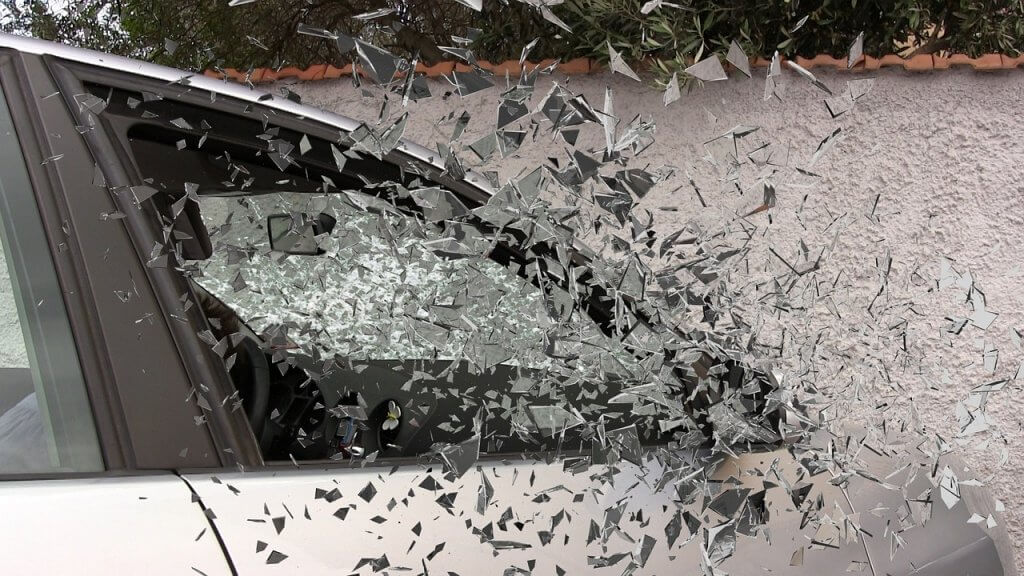Car crashes can have a wide range of consequences, from minor inconveniences to life-altering injuries. The aftermath can be overwhelming, as victims face physical recovery, emotional distress, and financial challenges. In many cases, confusion and uncertainty about what steps to take next can make the situation even more stressful. Knowing how to protect your rights after a crash is not only empowering but can also make a significant difference in the outcome of your case. Here are six steps you can take to safeguard your interests after a car crash.

Take Action at the Scene of the Accident
The moments immediately following a car crash are pivotal. Remaining calm and taking appropriate actions can significantly impact your ability to protect your rights. If the other driver flees from the scene, this complicates matters, but it is essential to contact law enforcement immediately and provide all the details you can about the event. At the scene, exchange contact and insurance information with the other driver if possible. If there are witnesses, collect their statements and contact information. Use your phone or a camera to document vehicle damage, road conditions, and other relevant details. These records serve as critical evidence if legal or insurance disputes arise.
Seek Prompt Medical Attention
Even if you don’t feel injured immediately after the crash, it’s important to seek medical attention as soon as possible. Adrenaline can mask pain, and some injuries, like whiplash, concussions, or internal damage, may not present symptoms right away. Visiting a medical professional ensures that any injuries are identified and treated before they worsen. Medical records establish a clear link between the accident and your injuries, which can be crucial for any claims you pursue. Delaying medical treatment could not only compromise your health but also weaken your ability to seek compensation for damages later.
Report the Accident to Your Insurance Provider
After a crash, promptly notify your insurance provider and file an accident report. Share all the necessary details, including the time, location, and circumstances of the accident. Stick to the facts, and avoid admitting fault or making speculative statements about what occurred. Insurance adjusters may interpret anything you say in a way that reduces their liability, so it’s best to remain factual. Keep copies of all communication with your insurer, as these records may be needed if disputes arise about claim payouts or liability.
Consult an Experienced Attorney
Navigating the legal complexities of a car crash can be challenging, especially if serious injuries or disputes over fault are involved. Consulting an experienced car accident attorney can help protect your rights and ensure you’re not taken advantage of by insurance companies or opposing legal teams. Attorneys can gather evidence, negotiate settlements, and represent your interests in court if necessary. They also help assess the full extent of your damages, which may include medical bills, lost wages, property damage, and emotional suffering. A skilled lawyer ensures you receive fair compensation and is not left to shoulder the burden of someone else’s negligence.

Document Everything Thoroughly
Maintaining detailed records after a car crash is vital. Start by keeping copies of the police report, medical bills, repair estimates, and any receipts related to accident-related expenses. If you miss work due to injuries, document your lost wages and any correspondence with your employer. Photos and videos of the accident scene, your injuries, and the progression of vehicle repairs can strengthen your case if disputes arise. Thorough documentation is especially important if your case proceeds to litigation, as it provides concrete evidence to support your claims.
Be Cautious When Communicating with the Other Party
After a car crash, interactions with the other driver or their insurance representatives should be approached with care. Anything you say can be used against you, so avoid making statements that could imply fault or downplay your injuries. If the other party contacts you directly, it’s best to refer them to your attorney. Insurance adjusters from the other party may try to pressure you into accepting a low settlement offer or making statements that weaken your case. Having legal representation ensures you’re not coerced into decisions that compromise your rights or financial well-being.
Understand Your Insurance Coverage
Many people are unaware of the full extent of their insurance coverage until they need to use it. Familiarize yourself with your policy to understand what benefits you are entitled to, including coverage for medical expenses, property damage, and uninsured or underinsured drivers. This knowledge can help you navigate the claims process more effectively and ensure you receive the compensation you deserve. If you have questions about your policy, consult your insurance provider or attorney for clarification.
Keep an Open Line of Communication with Trusted Parties
After a car crash, you may need to communicate with various parties, including law enforcement, healthcare providers, attorneys, and insurance representatives. Staying organized and keeping all necessary parties informed is critical. Maintain a log of your conversations, including dates and key points discussed, to avoid miscommunication or missed deadlines. By staying proactive and engaged, you can ensure your case progresses smoothly and without unnecessary delays.
Car crashes can leave a lasting impact, not only on your physical health but also on your emotional well-being and financial stability. However, taking proactive steps immediately after the accident can significantly influence the outcome of your case. By staying calm at the scene, seeking prompt medical attention, and documenting everything thoroughly, you can lay the groundwork for protecting your rights and pursuing fair compensation.
It’s equally important to understand your insurance coverage and maintain open communication with trusted parties like attorneys and healthcare providers. These steps ensure that you’re not caught off guard by unforeseen challenges or pressured into unfavorable decisions. Consulting an experienced attorney can provide the legal guidance and support needed to navigate complex claims or disputes.
Protecting your rights is not just about financial recovery—it’s also about ensuring accountability and preventing future harm. Whether you are seeking compensation for injuries, property damage, or emotional suffering, having a well-documented case and professional support can make all the difference. By following these guidelines, you can turn a difficult situation into an opportunity to recover and rebuild with confidence.
